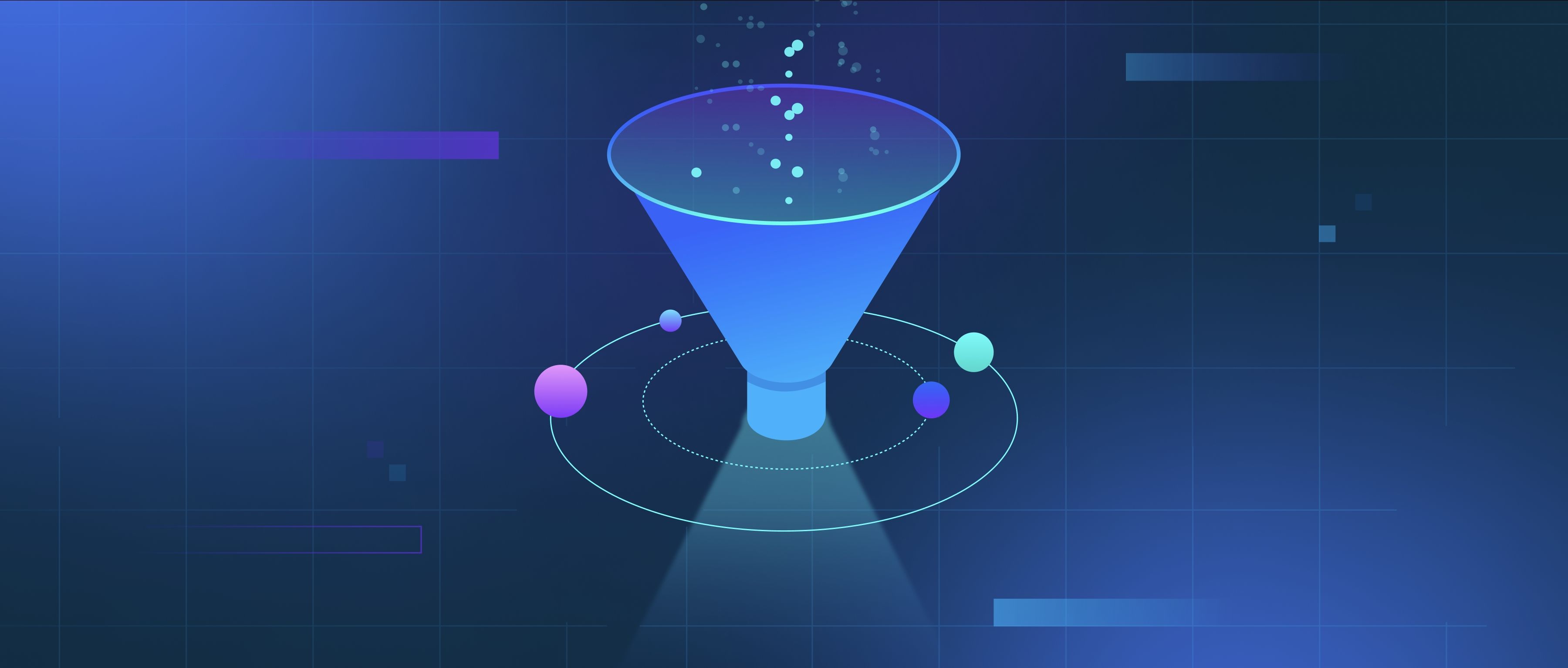Advanced AI technology refers to the cutting-edge techniques and methods used to create intelligent systems that exhibit behaviors similar to human intelligence. These technologies include deep learning, reinforcement learning, natural language processing (NLP), and computer vision, among others. Deep learning, in particular, has become a dominant approach within advanced AI, leveraging large neural networks to model complex patterns in data. Reinforcement learning enables systems to learn from interactions with their environment, making decisions that maximize rewards. NLP allows machines to understand and generate human language, facilitating tasks like chatbots, language translation, and sentiment analysis. Examples of advanced AI technology include autonomous vehicles, which use AI for navigation, object recognition, and decision-making, and AI-powered healthcare tools, such as those used for diagnostic purposes or personalized treatment recommendations. Advanced AI can also be seen in robotics, where AI systems are used to enable robots to perform tasks autonomously or interact with humans in complex environments. These technologies continue to advance as more data becomes available and computational resources improve, leading to even more sophisticated and capable AI systems across various industries.
What is advance AI technology?

- The Definitive Guide to Building RAG Apps with LlamaIndex
- Getting Started with Milvus
- Information Retrieval 101
- Optimizing Your RAG Applications: Strategies and Methods
- Mastering Audio AI
- All learn series →
Recommended AI Learn Series
VectorDB for GenAI Apps
Zilliz Cloud is a managed vector database perfect for building GenAI applications.
Try Zilliz Cloud for FreeKeep Reading
What are the benefits of personalization in speech recognition systems?
Personalization in speech recognition systems significantly enhances their accuracy and user-friendliness. By tailoring
How do you manage costs in a cloud environment?
Managing costs in a cloud environment is crucial for ensuring that resources are used efficiently and that expenses do n
How do embeddings integrate with vector databases like Milvus?
Embeddings are numerical representations of data that capture the semantic meaning of objects in lower-dimensional space